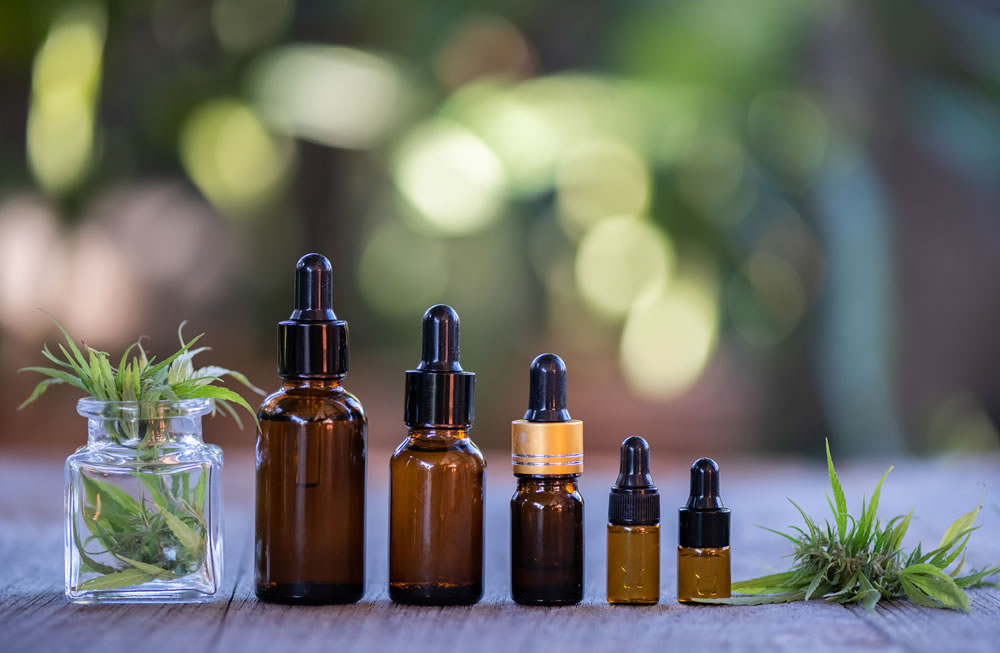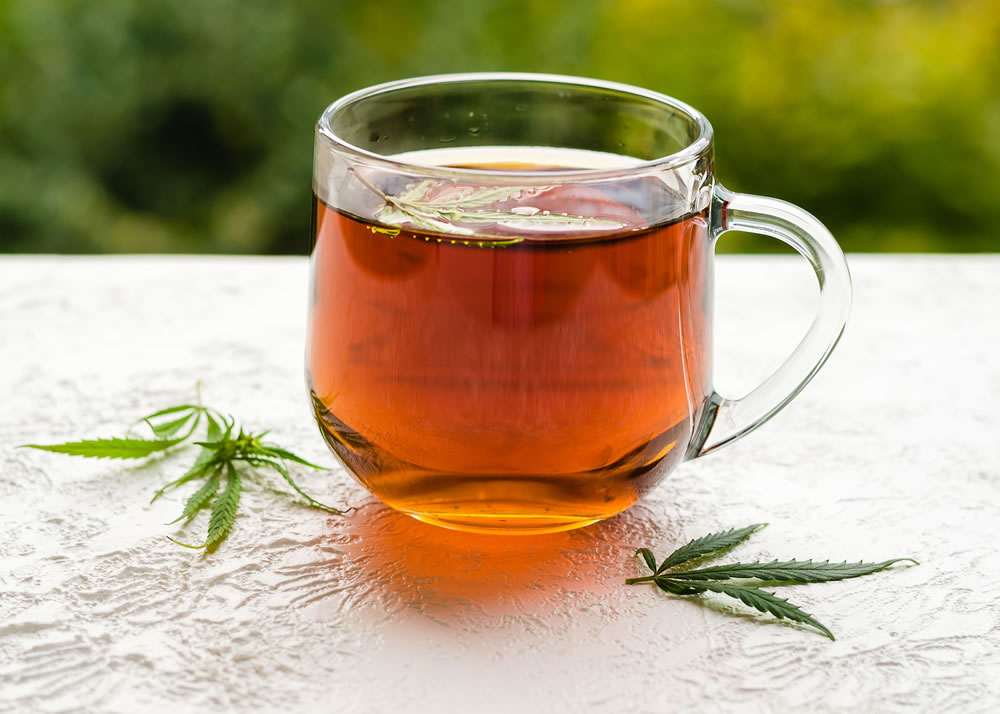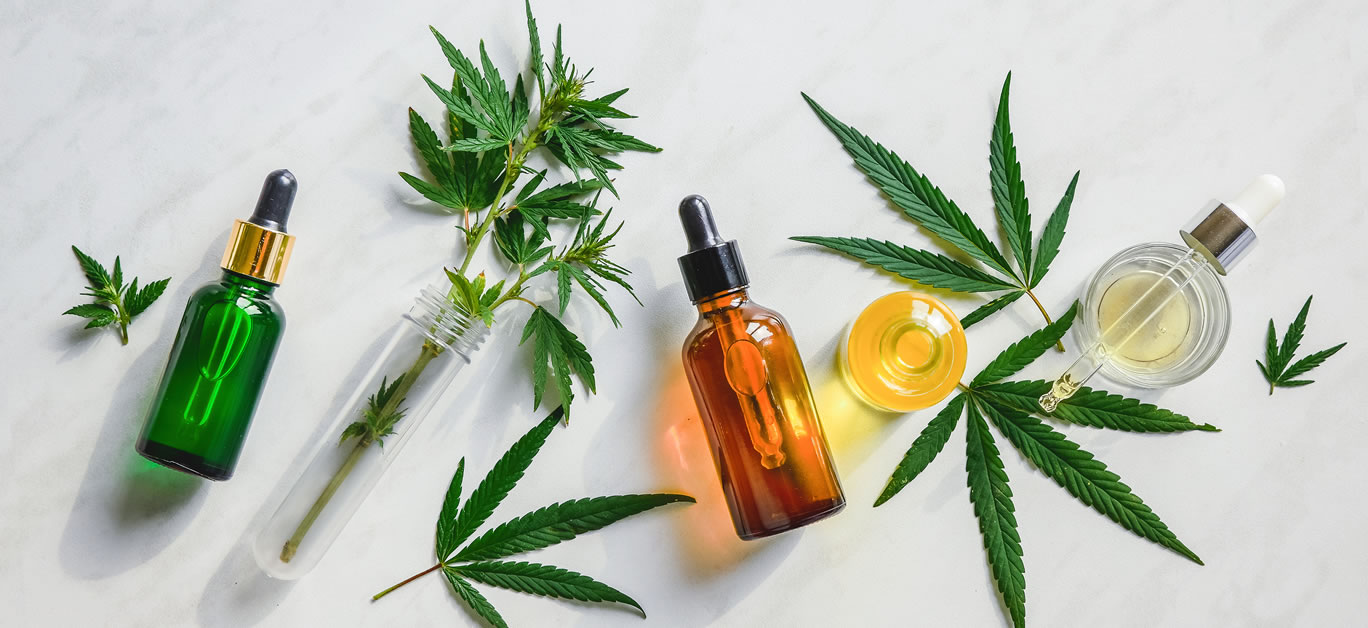CBD has fast become a buzzword in recent years. These days, it is found in all kinds of luxury products ranging from oils and tinctures to high-end moisturising creams, soaps, and even food. With a plethora of benefits that it can offer to those who indulge in a regular dose, there’s no wonder that people, now more than ever, are adding CBD to their daily routine. But if you’re thinking of doing the same, there are some things you should know first.
Taking a new supplement or holistic treatment is not something that should be taken lightly, and although CBD products are readily available online and off-the-shelf at most health food stores, it’s wise to consult your GP before taking the plunge. If you’re pregnant or are already taking medication, then this is even more important to do so. But with all being well, incorporating CBD into your daily routine can prove highly beneficial, and has been shown to alleviate the symptoms of all kinds of conditions ranging from chronic pain and inflammation to anxiety, mild depression and headaches.
If you’re new to CBD, then you might be wondering how exactly it differs from cannabis, and whether a derivative of such a plant is really something you want to be consuming. So, to help set you on the path to enlightenment, we’ve rounded up all you need to know about CBD before getting started with it.

Cannabis vs CBD: What’s the difference?
CBD treatments are completely legal in the UK, the US, and many other countries around the world—whereas cannabis, for the most part, is not.
Cannabis is a catch-all term and includes both hemp and marijuana plants, both of which come from the Cannabis sativa species. CBD itself comes from the sticky resin of the plant, and is free of tetrahydrocannabinol (THC). As THC is the compound that produces that euphoric feeling, often referred to as being ‘high’, CBD can be taken without the risk of any such effects since it is entirely non-psychoactive. In addition, it offers calming and revitalizing effects, as well as a number of other benefits.
What are the benefits of taking CBD?
Cannabinoids occur naturally in the body, and are part of a complex messaging system – the endocannabinoid system – which regulates some of our immune and nervous system functions, as well as hormones and endorphins. Cannabidiol or CBD works by mimicking these naturally occurring cannabinoids and can therefore have a range of beneficial effects on the body.
From improving sleep quality to decreasing chronic pain, anxiety, depression and stress, there’s little it hasn’t been shown to help with in early studies. Scientists are still investigating its potential in alleviating some of the symptoms in more serious diseases, too, such as Parkinson’s, Alzheimer’s, and many more.

How to take CBD
These days, CBD can be taken via a range of different products, but the easiest and most common way to get your daily dose is through CBD oil. There are hundreds of different varieties on the market, and choosing one can be tricky. But as a general rule of thumb, it’s wise to buy from a reputable store and opt for a trusted brand.
Most CBD oils come with a glass dropper, and the recommended dosage will vary depending on the product’s strength. But generally speaking, a few drops are placed under the tongue for around 30 seconds to ensure maximum absorption several times a day. Doses should be taken between four and six hours apart, but be sure to read the instructions that are specific to your product before you get started.
Whilst you may notice some subtle effects within 30 to 90 minutes of each dose, seeing long-term benefits can require several weeks of regular use.
If you can’t bear the taste of CBD oil, there are other more palatable products you could try. CBD gummies are a popular choice, or you can also opt for a topical treatment instead, such as a body moisturiser infused with CBD.
Approached in the right way, adding CBD to your daily routine can provide a plethora of benefits. But as mentioned earlier in this article, be sure to consult with your GP first.






















